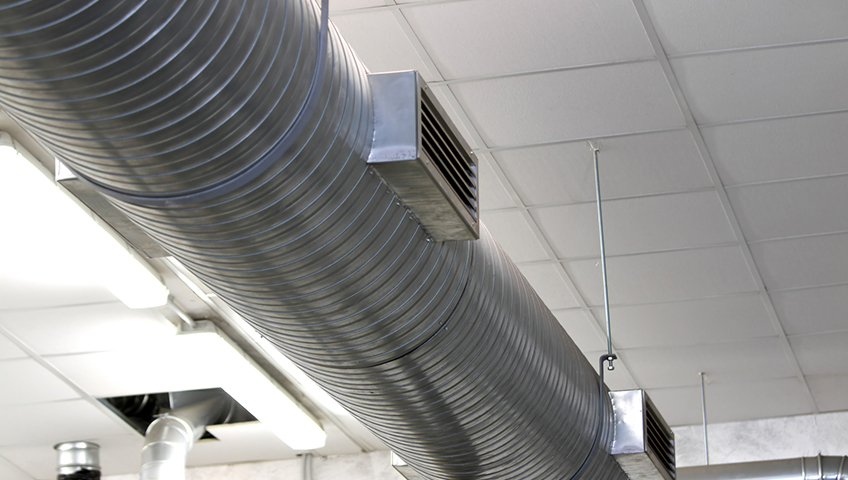
Three new high profile projects
SDH Building Services Limited is delighted to announce that it has recently secured three new, high-profile projects.
We have won a contract to design, supply and install a new heating, plumbing, air conditioning and ventilation system at The British Red Cross in Manchester.
The new facility is to be the UK’s national call centre for first aid training for the international volunteer-led humanitarian organisation.
We have also won a contract to refurbish the heating, pluming, electrical, fire alarm and data systems at Hull Paragon Railway Station in the centre of Kingston upon Hull, East Yorkshire.
Our third new project is designing, supplying and installing air conditioning, plumbing, heating and gas systems in a brand new bakery factory in the London area.
Steve Hunt, Managing Director, said: “These are three further high profile projects after our recent work for Proctor & Gamble.
“We are delighted to have been chosen to carry out these projects with these high profile names.
“We believe they have come about due to our being able to design highly bespoke systems yet to tight budgets. The project with Hull Paragon is particularly interesting in that this is a new sector for us and one we hope to do more within in future.”
SDH Building Services Limited provides a wide range of building services in commercial buildings such as supermarkets, offices, hotels, restaurants, factories, schools and care homes – nationwide.
Our services include commercial heating, plumbing, electrical and air conditioning both on a sub-contract or a direct-to-the-client basis.
For further information, please visit www.sdhbuildingservices.co.uk or search ‘SDH Building Services’ on Twitter, Facebook or Google+.
